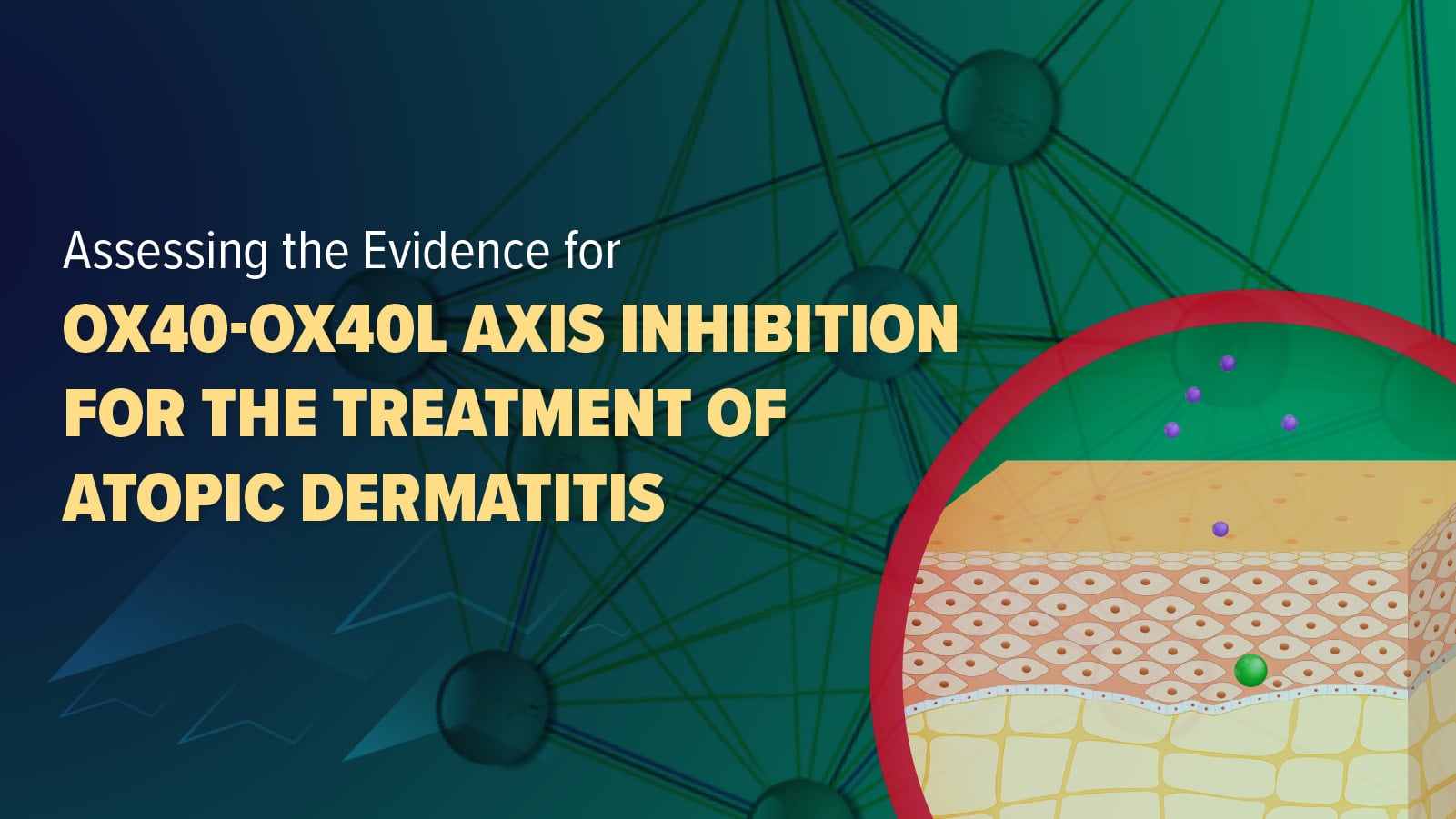- Evaluate emerging safety data and risk profiles of JAK inhibitors, including potential adverse events, long-term safety considerations, and patient
- Apply patient-centered strategies to guide the safe initiation and monitoring of JAK inhibitors in AD management.
- Outline the clinical rationale for the development of OX40 & OX40 ligand inhibitor targeted therapies in the treatment of moderate-to-severe AD
- Analyze clinical trial efficacy and safety data for current and novel emerging OX40 & OX40 ligand inhibitor targeted therapies in the treatment of moderate-to-severe AD
- Describe the signs and symptoms of topical steroid withdrawal in patients with atopic dermatitis
- Implement best-practice protocols for monitoring the long-term effects of topical corticosteroids in patients with atopic dermatitis
- Discuss management strategies for patients with suspected topical steroid withdrawal
RAD Spotlight CE Sessions

OVERVIEW
Janus kinase (JAK) inhibitors have emerged as an effective option for patients with moderate-to-severe atopic dermatitis (AD), particularly those who have not responded adequately to conventional systemic therapies. These agents selectively inhibit JAK-1, reducing inflammation and improving skin symptoms. Compared to biologic therapies, oral JAK inhibitors have several advantages, including predictable pharmacokinetics, flexible dosing, and an oral route of administration, which may be preferable for some patients, particularly children. Furthermore, their broad mechanism of action allows them to target multiple cytokine pathways simultaneously, making them potentially beneficial for various AD subtypes and widespread disease involvement.
This live symposium at the 2025 Revolutionizing Atopic Dermatitis Conference will feature expert review of the safety data from recent clinical trials of JAK inhibitors in AD management.
LEARNING OBJECTIVES
Upon completion of this activity, participants will be able to:

OVERVIEW
Atopic dermatitis (AD) is a chronic, pruritic, inflammatory skin disease that occurs most frequently in children but also affects adults. The OX40-OX40L interaction (2 co-stimulatory immune checkpoint molecules) plays a central role in the pathogenesis of AD. The co-stimulatory T-cell receptor OX40 is expressed predominantly on effector and regulatory T cells. Its ligand, OX40L, is expressed on activated antigen-presenting cells (APCs), including dendritic cells (DCs), endothelial cells, macrophages, and activated B-cells. OX40-OX40L engagement is key to potentiating the expansion of effector T cells and the prolongation of their survival by suppressing apoptosis, enhancing T cell effector functions, such as cytokine production, and generating T helper memory cells.
This continuing education symposium at the 2025 Revolutionizing Atopic Dermatitis Conference will include experts reviewing the evidence for the emerging role of OX40-OX40L axis inhibition in the treatment of patients with AD.
LEARNING OBJECTIVES
Upon completion of this activity, participants will be able to:

OVERVIEW
Although effective for many people with atopic dermatitis (AD), topical corticosteroids (TCS) are associated with various adverse effects, particularly with long-term use. In the most recently updated US management guidelines for AD, topical steroid withdrawal (TSW) and topical steroid addiction (TSA) have been included as possible adverse effects resulting from prolonged TCS treatment. Also known as “red skin syndrome,” TSW has been reported more and more frequently in the medical literature as well as on social media in the last 15 years.
In order to improve the outcomes of patients with AD, it is crucial to increase awareness of this potential adverse effect of TCS and develop effective prevention and management strategies for TSW. This live CE symposium will include expert presentations and discussion on TSW with a goal of increasing clinician knowledge of TSW and ultimately improving patient outcomes.
LEARNING OBJECTIVES
Upon completion of this activity, participants will be able to: